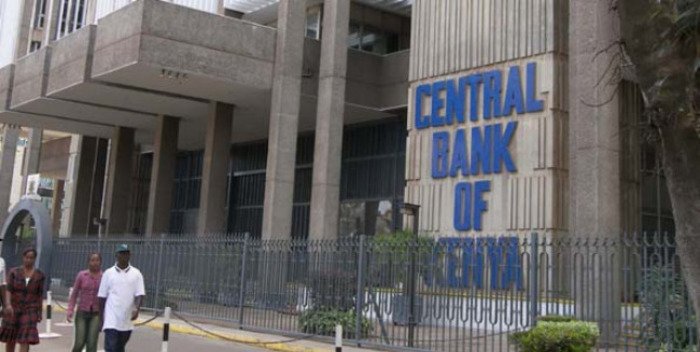The Central Bank of Kenya (CBK) will start controlling the interest rates of digital loans under a new law that seeks to protect Kenyan borrowers from predatory lending.
President Uhuru Kenyatta on Tuesday afternoon signed into law the Central Bank Act, 2021 in legal changes that bring digital lenders under the watch of the banking regulator for the first time.
The CBK Act 2021 will see the lenders seek approval of the Central Bank for the pricing of their loans bringing them under the same rules as commercial banks.
The law comes in the face of growing concerns on the predatory lending of digital lenders where the borrowers do not get full access to information on pricing, punishment for defaults and recovery of unpaid loans.
“The amended Central Bank Act, 2021, gives the Central Bank of Kenya powers to license digital lenders in the country as well as ensure the existence of fair and non-discriminatory practices in the credit market,” read a statement from State House on Tuesday afternoon.
Digital lenders will now set interest rates for their loans within parameters approved by the CBK in an effort to protect borrowers against predatory lending that has thrown many into debt traps.
The firms have in recent years flooded the local market in response to quick credit that does not require collateral unlike banks and micro-finance institutions. Borrowers get loans within minutes via their mobile phones, making digital loans a quick fix for daily bills.
CBK says that borrowers tapping the digital loans from the unregulated lenders grew to more than two million two years ago from an estimated 200,000 in 2016, highlighting their popularity.
The proliferation of the lenders has however saddled borrowers with high interest rates that rise up to 520 percent per year, leading to mounting defaults and an ever-growing number of defaulters.
New laws
The President also assented to the Public Private Partnerships Bill, which repeals the 2013 legislation by providing an elaborate legal framework to cover both national and county level PPP projects.
Further, the new law expands the role of the private sector in PPP initiatives beyond financing to include construction, operation and maintenance of the projects.
Also signed into law was the Trustees (Perpetual Succession) (Amendment) Bill, which simplifies the registration of trusts by, among other reforms, shifting the administration of the process to the new office of the principal registrar of documents.

































